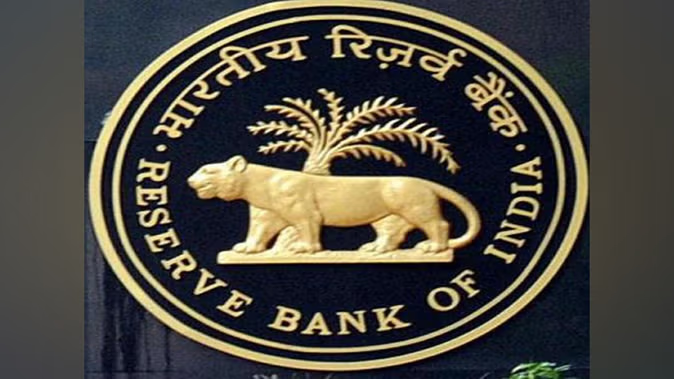Reserve Bank of India tightened the penalty rule under the Payment System Act

New Delhi| The Reserve Bank of India (RBI) has implemented new rules under the Payment and Settlement Systems Act (PSS Act), which will keep a close watch on banks and payment services companies. Now if any payment system is operated without permission, confidential information is leaked or fines are not paid on time, it will be considered a violation of the law and heavy penalties can be imposed.
What are the new rules?
RBI has made some important changes to make its enforcement operations more effective:
1. The operation of payment services without a licence shall be considered an offence.
2. Disclosing confidential or restricted information would violate the rules.
3. If the fine imposed by RBI is not paid within the stipulated time, then penalty will be imposed.
What is the new limit of fine?
Earlier RBI had the authority to impose a maximum penalty of up to Rs 5 lakh. But after the enactment of the Jan Vishwas Act, 2023, it has been increased to Rs 10 lakh or double the amount associated with the violation (whichever is higher). The change has become effective January 22, 2024.
Additional fine up to Rs 25,000 every day
If a bank or payment service company continuously violates the rules, an additional fine of up to Rs 25,000 can be imposed every day, even after the first fine. This penalty will continue until the violation is corrected.
What will happen on crimes worth compromising?
RBE has made it clear that crimes which carry a prison sentence will not be negotiable. Only those cases involving material breaches (such as disturbances in procedure) will be given the option of reducing the fine or reaching a settlement.
Why did RBI make these changes?
The purpose of these new rules is to bring more transparency in the digital payment system and maintain discipline in the financial sector. RBI wants all banks and payment service companies to strictly follow the rules, so that the interests of consumers remain safe and digital transactions remain safe.
What will banks and companies have to do?
Now all banks and payment service companies will have to strictly follow the rules of RBI, otherwise they may fall prey to heavy fines. This decision will ensure better control and accountability in the digital payments sector.










